Avocado
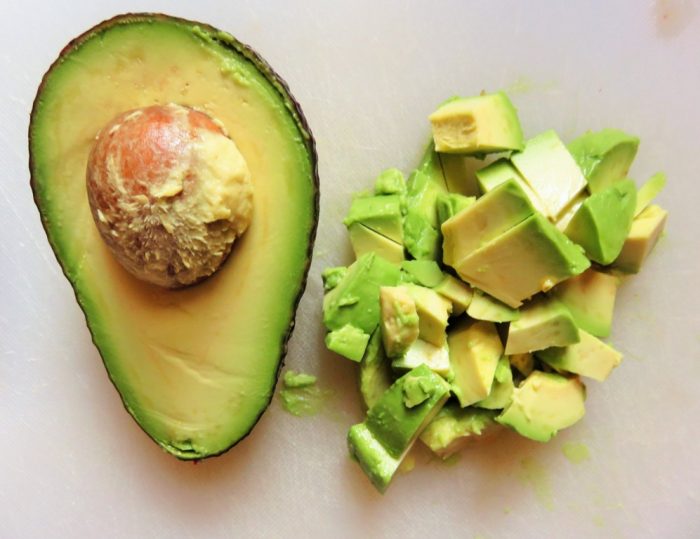
Avocados are packed with antioxidants and heart-healthy fats that decrease the risk of heart disease, help lower bad cholesterol (LDL) levels and increase levels of good cholesterol (HDL). A healthy dose daily is one cup of cubed avocado for 44 mg of magnesium.
Bananas
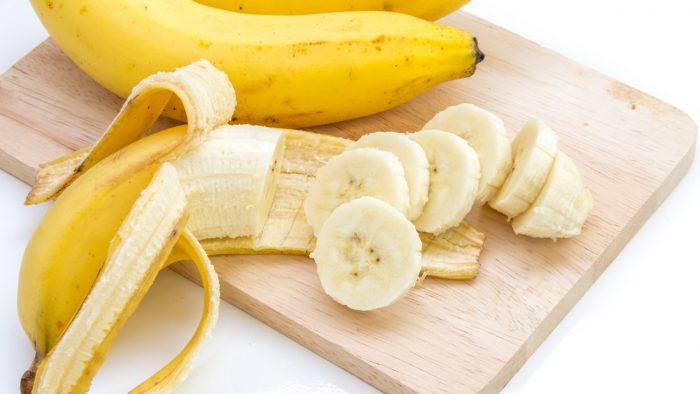
Although this fruit is best known for its high potassium content, it also contains high magnesium levels linked to lowering blood sugar, blood pressure and reducing heart disease. One large banana contains 37 mg of magnesium, providing 9% of recommended daily intake.
Black Beans
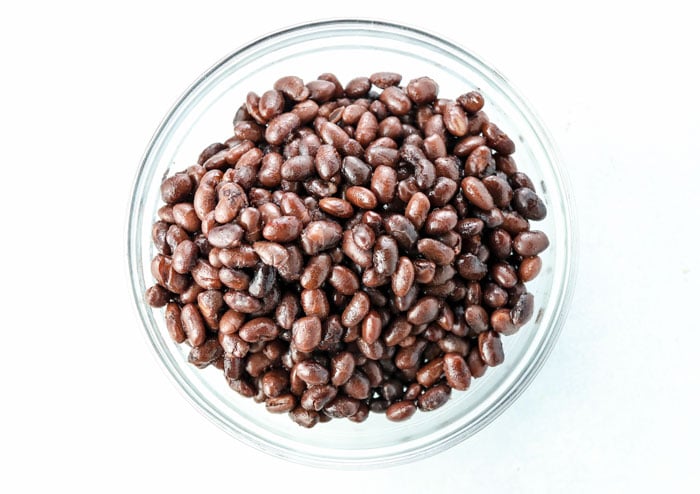
Black beans are one of the world’s healthiest foods providing a range of health benefits. They have high levels of magnesium, quercetin, and saponins, which are very effective in protecting the heart and naturally decreasing blood pressure. A half cup of cooked black beans provides 60 mg of magnesium.
Whole-wheat Bread
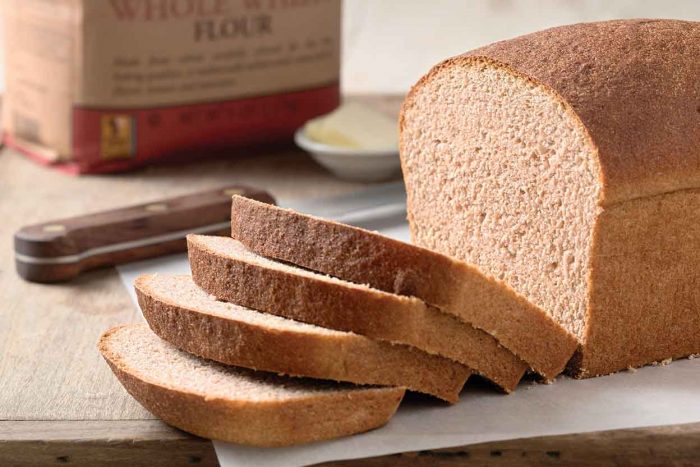
The body absorbs the minerals it needs before excreting excess amounts through the kidneys. If the body is not absorbing the magnesium due to a bad diet, that’s when a magnesium deficiency occurs. By having two slices of whole-wheat bread a day, will provide 46 mg of magnesium.
Figs
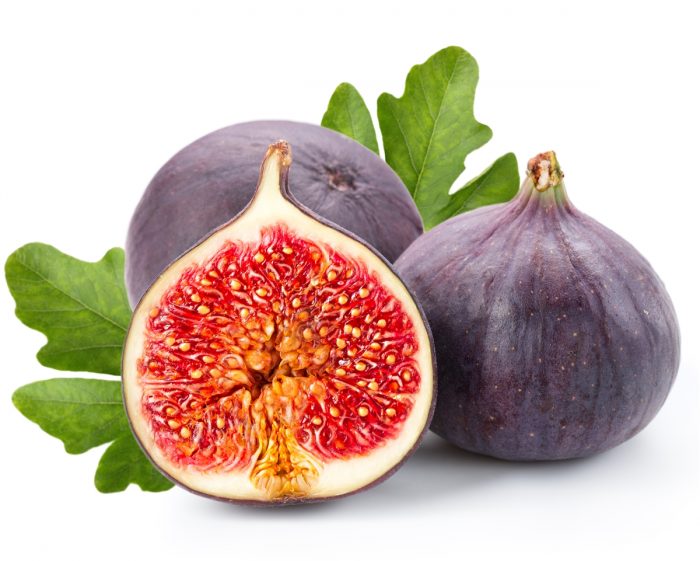
Fruits high in fiber are also high in magnesium. Figs are loaded with magnesium to help lower blood pressure when elevated, but remarkably, it does not affect blood pressure where levels are normal. This fruit is naturally sweet, making it an ideal snack or dessert. A half cup of dried figs contains 51 mg of magnesium.
Kidney Beans
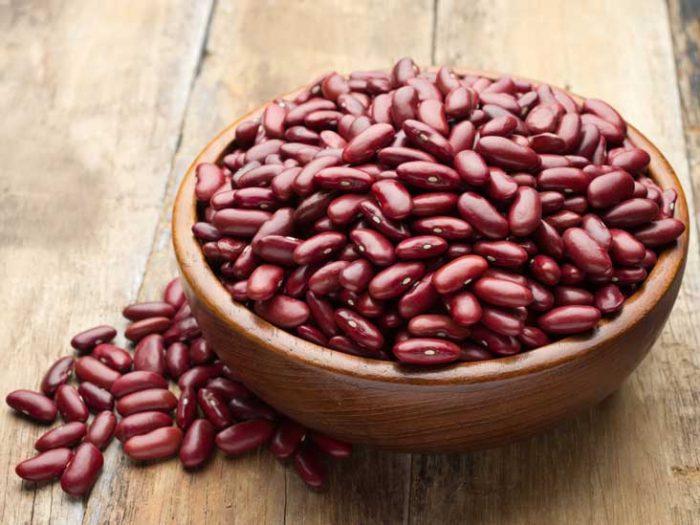
Studies indicate that having a low magnesium intake increases the chances of chronic inflammation and heart conditions, as the blood is deprived of this essential mineral. Kidney beans are very nutritious and have several healthful benefits. Have one cup of boiled beans for 74,3 mg of magnesium.
Mackerel
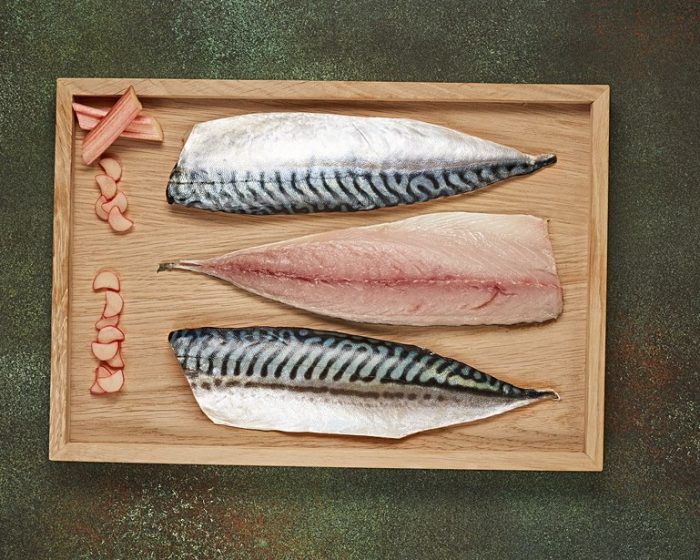
Mackerel (unsmoked) is super healthy and rich in the omega-3s and magnesium, which maintain heart health. It has 60 mg of magnesium per 100-gram serving. Although the common mackerel is known for its high mercury content, the Alaskan Atka Mackerel and Atlantic Mackerel are the healthiest fish to eat in a balanced diet.
Peanuts

Another benefit of eating magnesium-rich foods is the healthy dose of complementary vitamins and minerals you get at the same time. From a quarter cup of oil-roasted peanuts, you will get 63 mg of magnesium and a good amount of calcium, which promotes the absorption of magnesium.
Peanut Butter
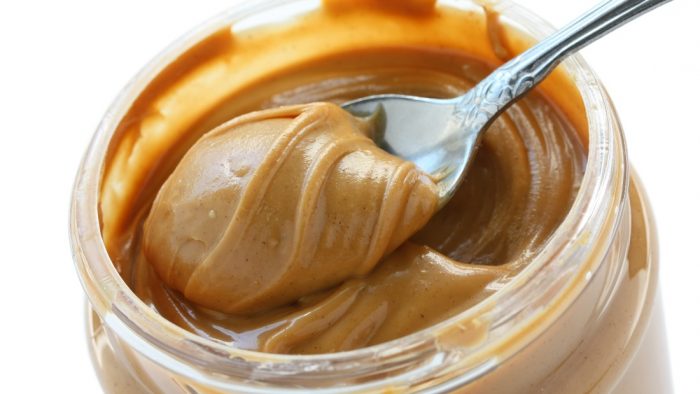
This could be good news for some. Smooth, unsalted and unsweetened peanut butter has 154 mg magnesium for a 100 g serving. This healthy dosage of magnesium on a daily basis will help the muscles and heart function properly. Bread and peanut butter is a magnesium-rich snack.
Potato
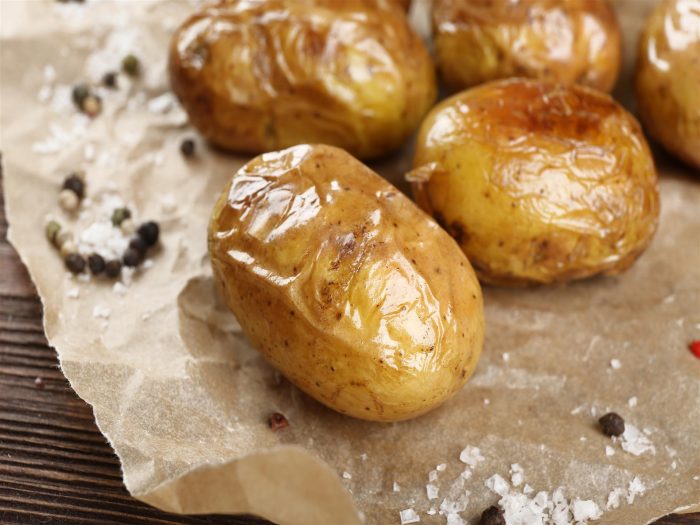
By increasing or maintaining magnesium levels, the risk of cardiovascular disease is significantly decreased. Yet, studies found that 80% of the US population does not have sufficient magnesium in their diets, leading to many health issues. Help up your intake with a medium baked potato (with skin) that provides 28 mg of magnesium.
Rice
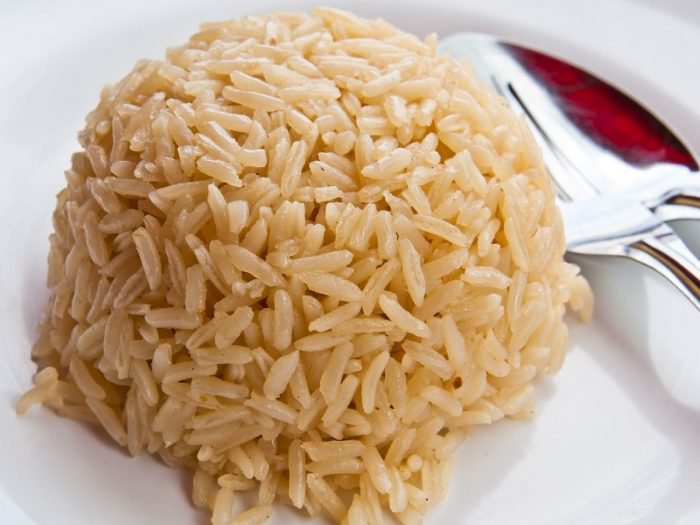
This type of rice is a highly nutritious grain for digestion, reducing cancer, and promoting good heart health. A portion of 100 g brown cooked rice gives you 43 mg of magnesium. Not only is this grain rich in magnesium, it also contains plant lignans that protect against heart disease.
Soymilk
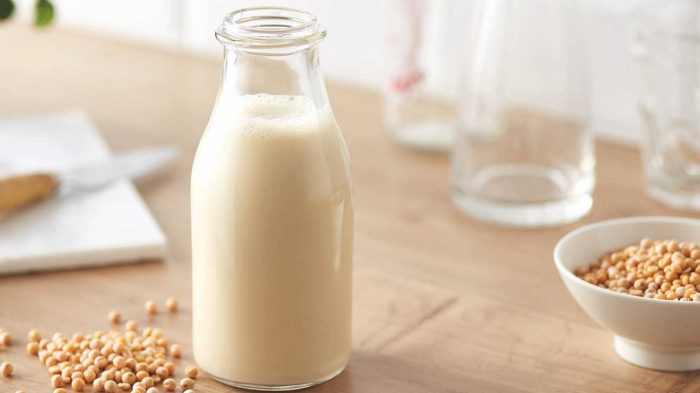
Magnesium also resides in the heart’s left ventricle to manage the amount of calcium that goes into the muscle cells. If there is not enough magnesium, then the calcium cannot be controlled, which could lead to muscle cells hyper contracting causing a heart attack. One cup of soymilk provides 61 mg magnesium.
















